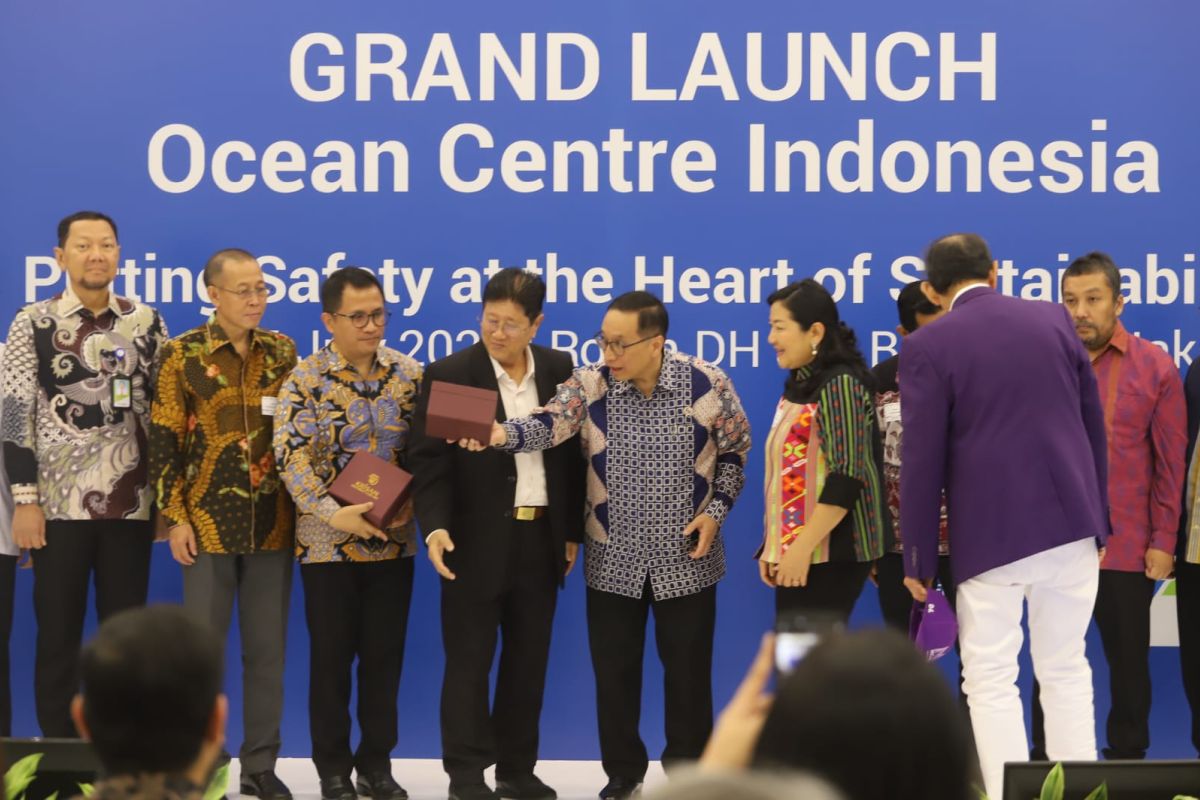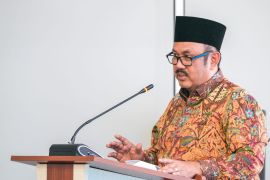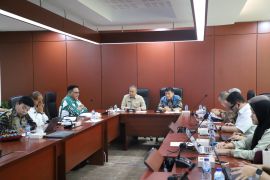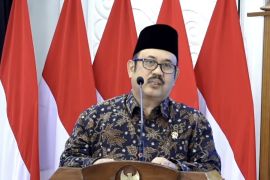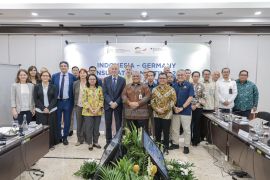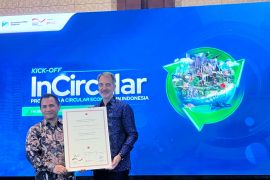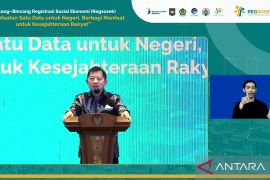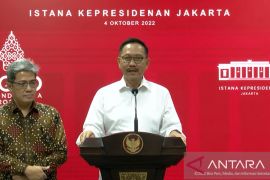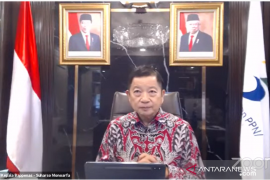“I believe that with strong collaboration between the government, private sector, civil society, and global partners, Indonesia can take the lead in (building) a regenerative ocean economy -- where the marine sector not only extracts but also restores and protects,” he added at the launch of Ocean Center Indonesia, according to a press released issued in Jakarta on Wednesday.
The establishment of the ocean center is a tangible step toward fostering cross-sector collaboration for more sustainable, secure, and inclusive oceans.
The center, a joint initiative between the Bappenas and the United Nations (UN) Global Compact Network Indonesia (IGCN), aims to provide a partnership platform to tackle challenges in the marine sector.
Those challenges range from environmental preservation to the advancement of the ocean-based economy.
He expressed the hope that the ocean center would become a catalyst for driving innovation in maritime safety technology, adapting international best practices to local contexts, developing maritime human resources, and ensuring decent working conditions and safety in the marine sector.
“The launch of Ocean Center Indonesia is a call -- not just to discuss, but to act together,” Ruddyard said.
Related news: Ocean lifeblood of Indonesia’s economy: deputy minister
“The Bappenas is strongly committed to ensuring that every initiative delivers real impact, strengthens policies, fills regulatory gaps, and helps businesses implement principles of sustainability and safety at sea,” he added.
Deputy for Food, Natural Resources, and Environment at Bappenas Leonardo A.A. Teguh Sambodo said that the IGCN’s emphasis on safety and sustainability aligns with Indonesia’s 2023–2045 Blue Economy Road Map.
Key priorities in the road map that resonate with the ocean center’s vision include enhancing port sector competitiveness, strengthening vessel monitoring systems, and developing maritime workforce skills.
Four strategic intervention areas of Ocean Center Indonesia are also highly relevant to the road map’s implementation: shipping and port management, capture fisheries and aquaculture, renewable energy from marine and aquatic resources, and ocean finance and investment.
“The Ministry of National Development Planning/Bappenas believes that the transition toward a blue economy is not only about economic growth, but also about protecting people, nature, and long-term investment,” Sambodo said.
Meanwhile, IGCN Executive Director Josephine Satyono asked all stakeholders to build a culture of safety to support the development of the marine economy, promote responsible and sustainable business practices, and develop safety standards aligned with real-world conditions.
“I believe that when we place safety and sustainability as core values -- not just obligations -- we’re building not only a more resilient industry, but also one that is fair, inclusive, and sustainable,” Satyono said.
The establishment of ocean centers is a part of a long-term initiative by the UN Global Compact’s Ocean Stewardship Coalition (OSC), supported by the Lloyd’s Register Foundation.
Ocean centers have so far been established in seven countries: Brazil, Ghana, Kenya, India, Bangladesh, Indonesia, and the Philippines.
Related news: Ministries eye updated cooperation to boost blue economy employment
Translator: Primayanti
Editor: Rahmad Nasution
Copyright © ANTARA 2025
